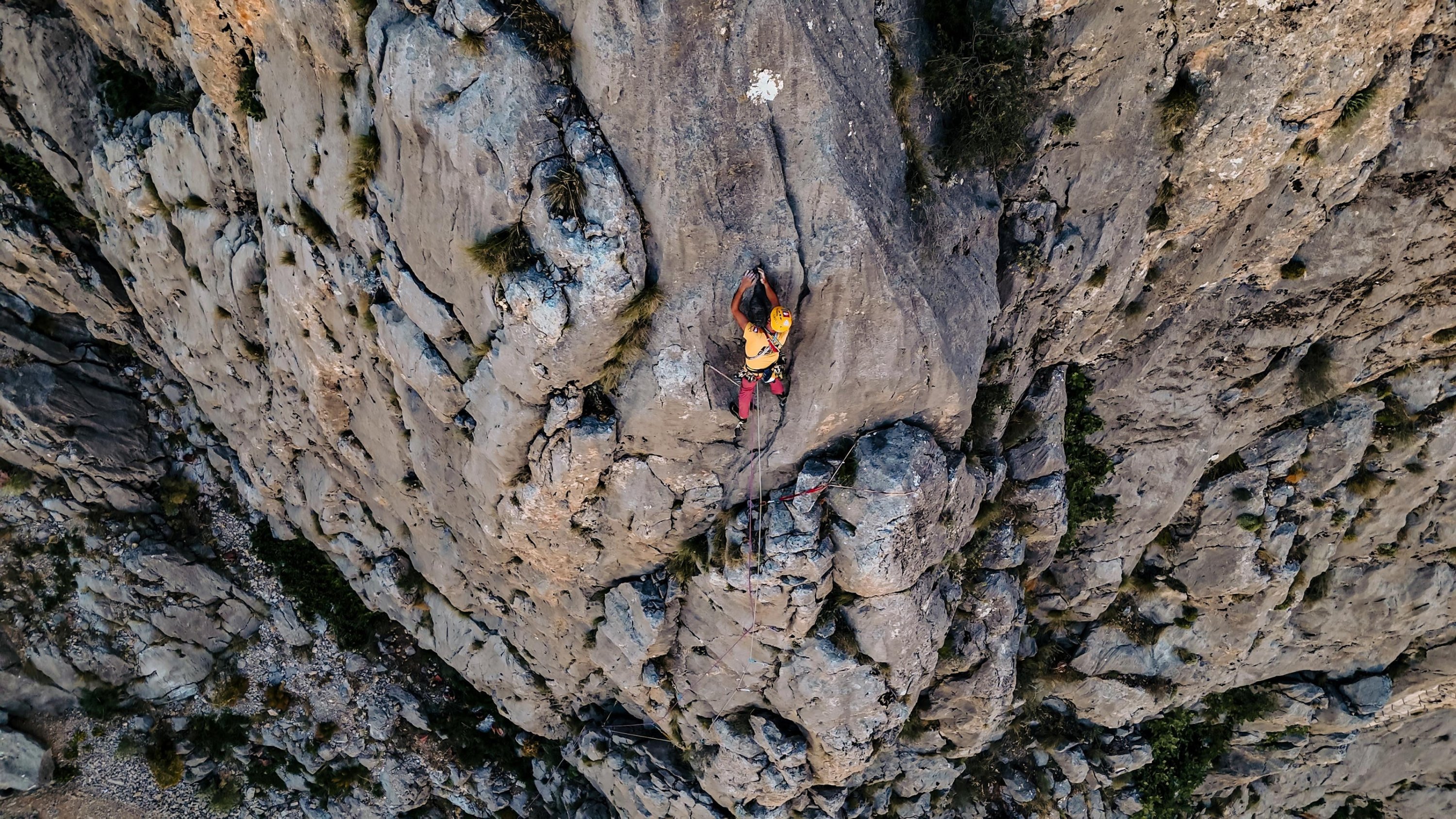© Turkuvaz Haberleşme ve Yayıncılık 2024
Turkish mountaineer Tunç Fındık, the first Turk to summit Mount Everest three times, continues to wave the Crescent-Star flag on peaks around the world.
This spring, Fındık achieved the extraordinary feat of scaling the 8,848-meter (29,030-foot) Everest summit for the third time, cementing his status in the elite "14x8000" club – a mountaineering challenge that only 49 people globally have completed.
Returning home, he joined the Kemaliye Nature and Water Sports Festival in Erzincan, engaging in rock climbing at the Dark Canyon, the world's second-largest canyon, and tackling the "Iron Road," a Via Ferrata route featuring 517 iron steps.

Speaking to Anadolu Agency (AA), Fındık praised the unique natural beauty of Kemaliye, highlighting its importance for nature sports.
"Kemaliye is a model town for its dedication to outdoor activities," he said.
Reflecting on his recent Everest climb, Fındık credited his sponsor, ACTECON, for their support.
"Everest was a goal that emerged at the start of this year. With ACTECON's sponsorship, I completed the climb in April and May, reaching the summit on May 22, 2024, at 5 a.m. This achievement was outside of the 14x8000 project, which I completed as the first Turkish climber," he said.
Fındık's mountaineering journey began in 2001 with his first ascent of Everest.
He did not initially plan to conquer all 14 peaks above 8,000 meters, a monumental project he considered after his third 8,000-meter climb.
"It's a massive project. I became the 49th person in the world and the first Turk to accomplish it," he said.
High-altitude climbing involves significant risks, and Fındık acknowledged the challenges and thrills of his expeditions.
He has attempted 25 climbs of 8,000-meter peaks, reaching the summit 16 times.
His upcoming plans include wall climbs in Nepal, South Africa and the Alps.
"This fall, we have projects and programs for 6,000-7,000-meter peaks in Nepal. Our goal is to plant the Turkish flag on these summits, making our presence felt," he said.
Fındık also highlighted Türkiye's untapped mountaineering potential.
"Our country has potential, but it's not fully realized. There are fewer resources and participants. Activities like hiking and camping have surged, especially post-pandemic, but they need to be more regulated. Many untrained guides can cause harm and dangerous situations. State oversight is essential," he added.
